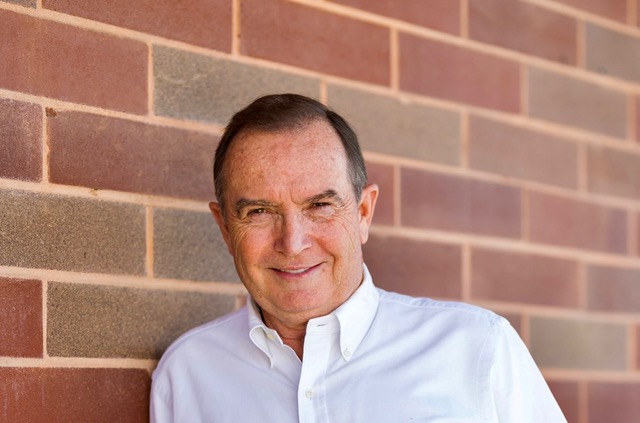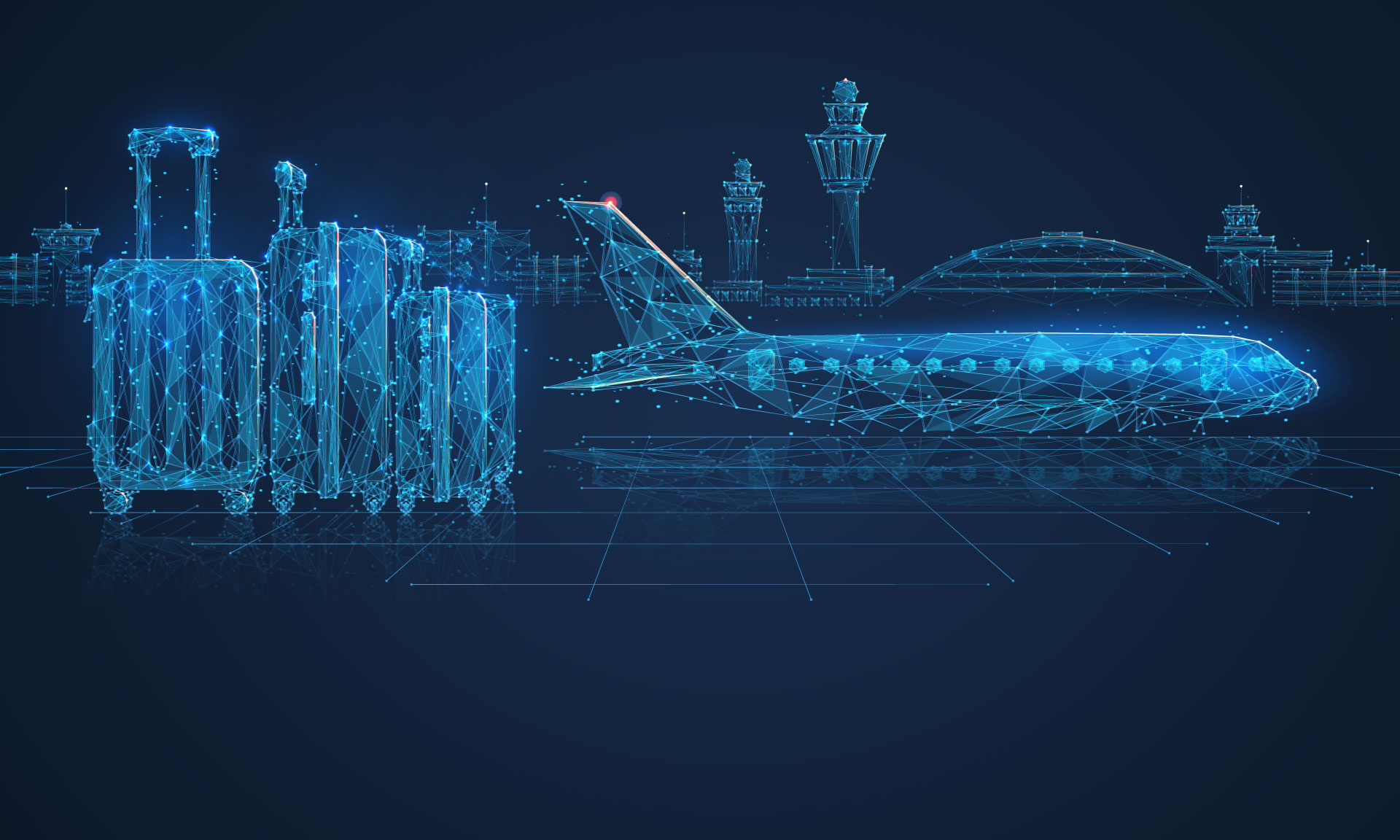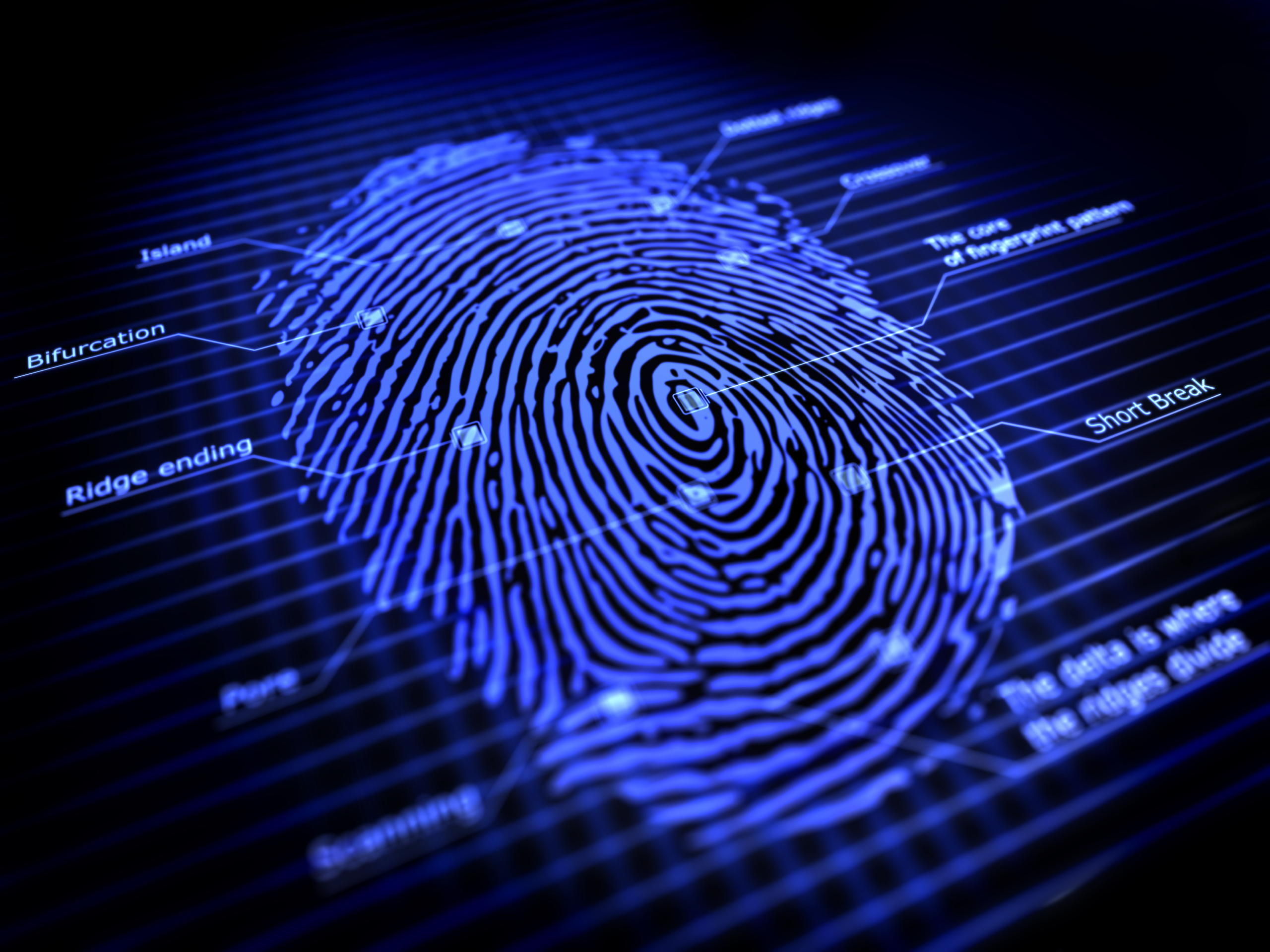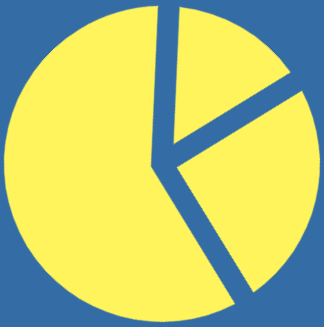Apple shrugged off its critics, and analysts who said the high-end smartphone market was saturated, by announcing it has sold nine million iPhones in just three days. The company's share price jumped more than 5% to $492 in response, adding $4bn to its value in minutes - though it remains well below its all-year high of $543 from January. The figures are nearly double the record figure of five million in 2012, when it introduced the iPhone 5.
Though the company did not release a sales breakdown between the new iPhone 5s - which incorporates a fingerprint reader - and the cheaper, and coloured, 5c, data from Mixpanel, a mobile analytics company, suggests the breakdown was 2:1 in favour of the pricier devices. Anecdotal evidence suggests that the new "gold" iPhone 5s - deemed ugly by some - was the most popular model.
Tim Cook, Apple's chief executive who under Steve Jobs drove the operational side of the business - and built up its supply systems so that it could cope with colossal spikes in demand like the weekend's - expressed his delight. "The demand for the new iPhones has been incredible, and while we've sold out of our initial supply of iPhone 5s, stores continue to receive new iPhone shipments regularly," Cook said in a statement. "We appreciate everyone's patience and are working hard to build enough new iPhones for everyone."
The sales figures put the struggles of rival phone makers Nokia and BlackBerry into sharp focus. The value of iPhones sold was calculated at more than the enterprise value - the price minus cash - of Nokia's handset business, sold to Microsoft for €5.4bn earlier in September. And BlackBerry, which is preparing to formally announce a $1bn loss on Friday, managed to ship only 3.7m phones in the past three months.
The sales come despite a German hacker group claiming to have fooled the fingerprint reader on the iPhone 5s with a scanned version of a fingerprint captured from glass, and reports of security vulnerabilities on some features.
Apple also said that its new iOS 7 software has been installed on 200m devices since its launch last Wednesday - which it called "the fastest software upgrade in history". That means it may be only a few days away from reaching as many users as Google's Android 4.1.x, which has 287m users.
Source: The Guardian









